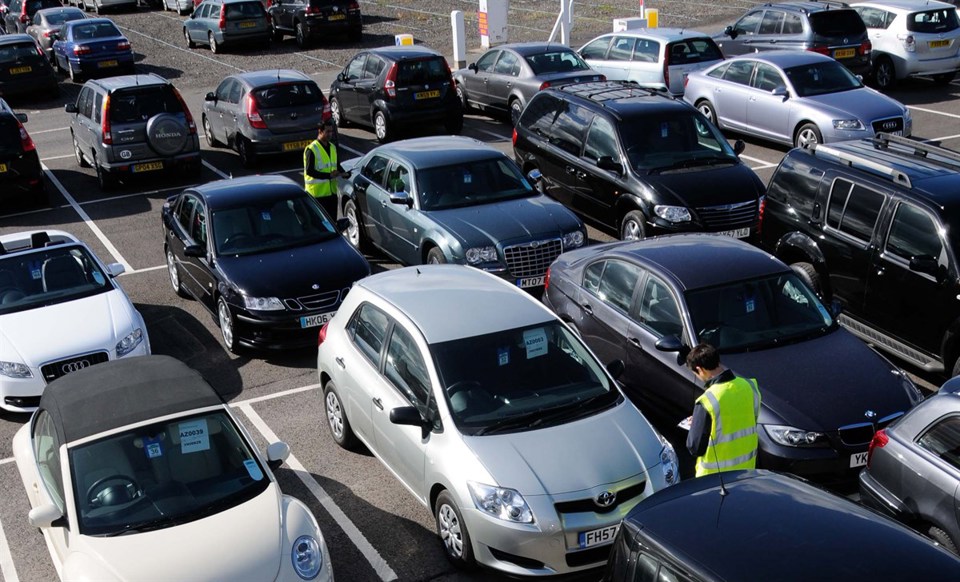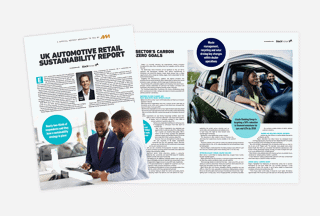The NFDA (National Franchised Dealers Association) has launched a new set of standards designed to champion the high levels of service and care associated with the franchised dealer used car offering.
According to research of 1,000 car owners commissioned by the NFDA, more than 75% said they would be more likely to choose a dealer that has signed up to an industry set of standards.
Over 3,000 NFDA member dealerships have already signed up to the new standards, which govern member service levels across core areas including mileage checking, warranties and service levels.
The NFDA says the standards are the first to unify a customer service pledge from the UK’s network of franchised dealers and believe it will enable the industry to offer peace of mind to customers.
The NFDA put the standard together after an “extensive consultation process” between its dealer members after recognising the need for a more robust set of guidelines to improve the safety and customer experience for British used car buyers.
Sue Robinson, director of the NFDA, said: “The launch of the used car standards represents an important step for both consumers and the retail motor industry.
“Not only do the 12 standards safeguard consumers by setting out requirements for high quality customer service, stringent vehicle checks and a detailed vehicle handover, but they also highlight the benefits of purchasing from a franchised dealer.
“We’ve had an overwhelmingly positive response from our members who are true advocates of the standards and their role in making used car buying a safer and more enjoyable experience.”
Following the launch, the standards will be promoted to consumers by the NFDA’s consumer facing portal, Trusted Dealers.
In addition to the used car standards, the NFDA in partnership with Trusted Dealers has a dedicated Conciliation and Arbitration Service helpline for any customers experiencing problems with a used car purchase.
The NFDA Used Car Standards cover the following 12 areas:
1. Staff training, communication and conduct
2. Vehicle checks
3. Vehicle mileage checks
4. Vehicle condition
5. Test drives
6. Part exchange
7. Vehicle sales process
8. Deposits and cash handling
9. Warranty
10. Finance and insurance
11. Vehicle handover
12. Complaints handling



















Login to comment
Comments
No comments have been made yet.